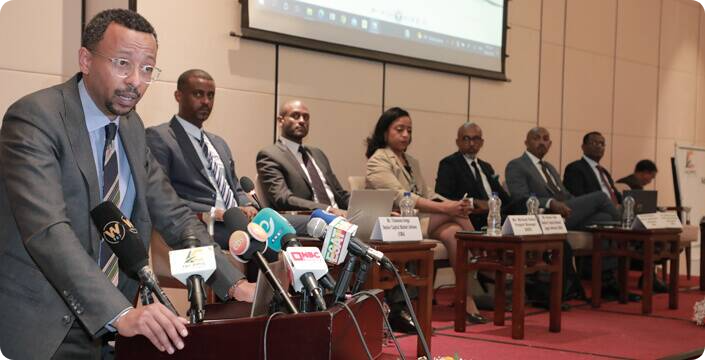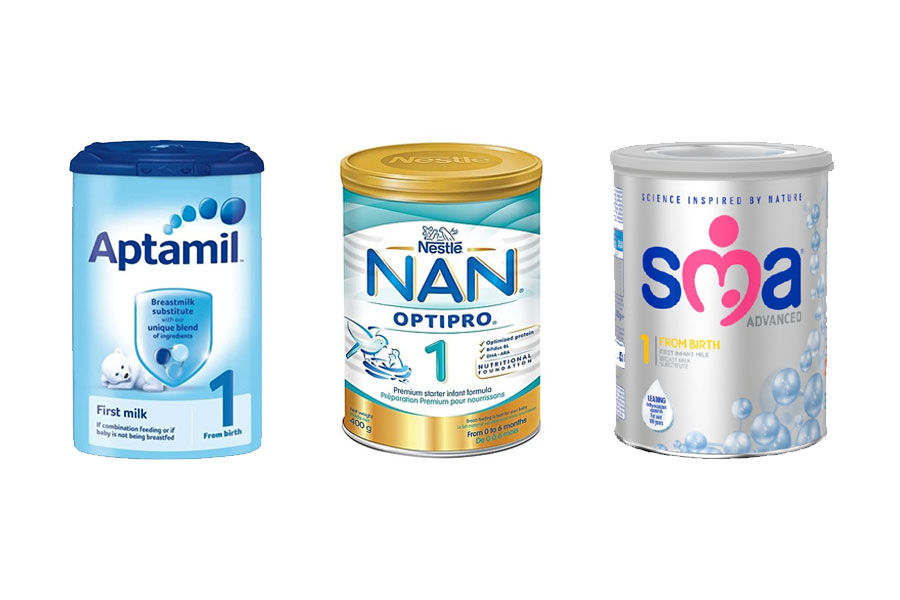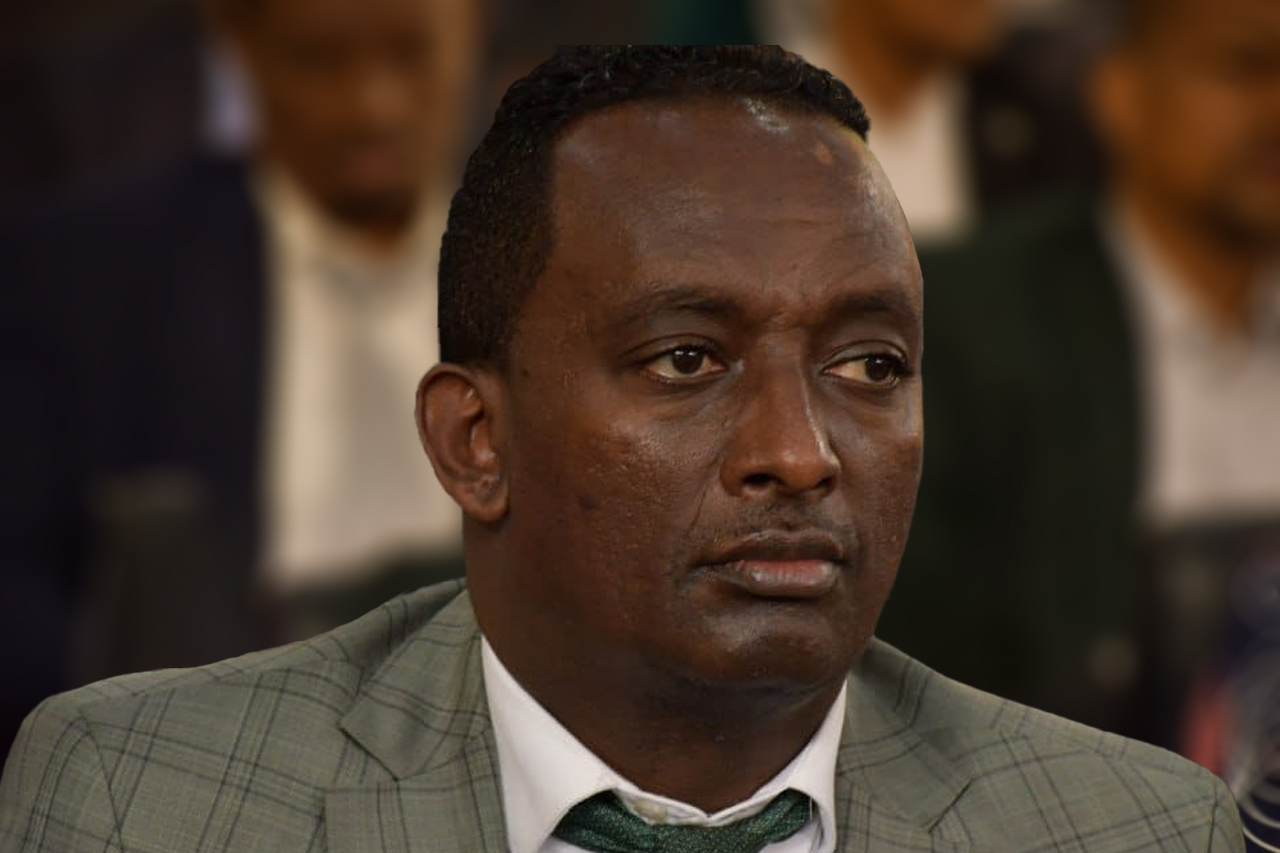
Commentaries | Dec 24,2022
Federal authorities continue to wrestle with truck owners over their mandatory quota imposed for the transportation of fertilisers from ports in Djibouti. However, a national committee tasked with enforcing the mandatory quota has lifted a temporary suspension placed on trucks operated by 19 freight associations.
Last month, 68 trucking associations were demanded by federal authorities to designate part of their fleets to ferry half a million tonnes of fertiliser that has been sitting in the ports since January. Each association was required to assign between 24 and 664 trucks. Nearly two dozen associations were barred two weeks ago from providing any transport services for failure to assign at least a third of their respective fleets to ferry fertiliser.
Yehualashet Jemere, director general of the Ethiopian Maritime Authority, leads the task force that banned these associations. A former State Minister for Transport, Yehualashet took the helm at the Maritime Authority four months ago, replacing Mekonnen Abera, who had served as director-general since 2008.
Officials say the suspension was ordered after monitoring the movements of trucks at four checkpoints, where they were stranded after their license plates were seized.
Yirga Tadele, head of public and freight transport at the Ministry of Transport & Logistics, had warned the associations' leaders that failure to designate trucks for the task would prevent them from permanently providing transportation services. Yirga is a committee member, comprising representatives from various federal agencies, including Abdulber Shemsu, deputy director of the Ethiopian Road Fund Service.
The associations were expected to assign close to 1,000 trucks in the four weeks since the mandatory requirement was imposed. However, officials say less than 15pc of the quota has been dispatched. Six freight associations that were supposed to assign 250 trucks have failed to send a single fleet to transport the fertiliser.
The stock in Djibouti is part of the 770,000tn bought by the Ethiopian Agricultural Businesses Corporation (EABC) from the Morocco-based OCP Group seven months ago.
Truck owners are paid tariffs ranging from 257 Br to 520 Br a quintal, depending on the distance from ports in Djibouti to the destinations inland.
With 204 trucks under its fleet, SPEED Cross Border Freight Transport Owners' Association is among those called up for duty. Authorities expect it to commit up to 68 trucks monthly for the task. However, the Association has dispatched less than a tenth of the quota. A dozen of its trucks have been stranded at Awash and Dewele checkpoints for non-compliance. They are among 30 trucks apprehended by the authorities.
Berhanu Assefa, the general manager, argued that quota allocations do not consider the association's capacity. Only cargo trucks that can load more than 40tn and have been in service for less than 30 years are accountable to the scheme. According to Berhanu, only a tenth of the Association's trucks meet the requirements.
"We requested that the quota be revised," he told Fortune. "The officials are not willing to listen."
Star Cross Border Freight Transport Owners' Association, which manages a fleet of 50 trucks, was also reprimanded; 10 of its trucks were stranded at checkpoints. It was forced to assign 40 trucks a month. But officials claim the Association has met less than a quarter of the quota.
Its General Manager, Abdisalan Jibril, says otherwise. The Association has thus far delivered 1,200tn of fertiliser in three rounds to Jigjiga and Gode in the Somali Regional State.
“It can take up to a week for a truck to unload and return,” said Abdisalan.
The heads of freight associations aired their misgivings to the Transport Ministry, demanding a revision of the quota. Yet, Ministry officials revised the quotas of a dozen associations last week, marking the third adjustment since the requirements were introduced 45 days ago.
"The government revised the quota twice based on requests from the associations," said Yirga.
No association had lodged formal complaints with the Ethiopian Transport Operators Federation about the quotas, according to Dereje Legesse, a member. The Federation comprises 68 associations and 3,000 trucks. It was established in 2018 with 31 cross-border truck associations as its members.
Industry players observe suspensions could only exacerbate problems in the freight transport industry, which is already choked by weak infrastructure and inefficiency.
Dawit Amha, head of ground and rail transport at MACCFA Freight Logistics Plc, says the mandatory quotas are inconsiderate of the private sector, which is dependent on the associations for the import-export trade.
"There's a shortage of freight trucks as it is," he said.
There are close to 100 associations operating an estimated 13,000 freight trucks. Most truck owners prefer to take business from private importers paying double the amount the federal government does for bulk transportation of fertilizer, seeds and food aid. Six months ago, close to 300 freight trucks heading to ports in Djibouti were stranded at the Dewele and Galafi border checkpoints due to disagreements with the authorities over a mandatory requirement to transport cement from factories to Guba, the Grand Ethiopian Renaissance Dam (GERD) site in the Benishangul-Gumuz Regional State.
Dereje is baffled by the lack of planning and coordination from the authorities despite the 15-year history of similar transport schemes. Since 2007, the now-defunct Federal Transport Authority has been assigning quotas to cross-border freight transporters to transport wheat procured by the federal government.
The fertiliser transport quotas will remain in place until the end of the budget year on July 7, 2022.
PUBLISHED ON
Jun 18,2022 [ VOL
23 , NO
1155]

Commentaries | Dec 24,2022

Fortune News | Feb 18,2023

Delicate Number | Apr 27,2024

Fortune News | Jul 17,2022

Fortune News | Aug 06,2022

Commentaries | Sep 03,2022

Commentaries | Mar 01,2024

Radar | Oct 20,2024

Viewpoints | Aug 03,2025

Viewpoints | May 24,2025

Dec 22 , 2024 . By TIZITA SHEWAFERAW
Charged with transforming colossal state-owned enterprises into modern and competitiv...

Aug 18 , 2024 . By AKSAH ITALO
Although predictable Yonas Zerihun's job in the ride-hailing service is not immune to...

Jul 28 , 2024 . By TIZITA SHEWAFERAW
Unhabitual, perhaps too many, Samuel Gebreyohannes, 38, used to occasionally enjoy a couple of beers at breakfast. However, he recently swit...

Jul 13 , 2024 . By AKSAH ITALO
Investors who rely on tractors, trucks, and field vehicles for commuting, transporting commodities, and f...

Oct 11 , 2025
Ladislas Farago, a roving Associated Press (AP) correspondent, arrived in Ethiopia in...

Oct 4 , 2025
Eyob Tekalegn (PhD) had been in the Governor's chair for only weeks when, on Septembe...

Sep 27 , 2025
Four years into an experiment with “shock therapy” in education, the national moo...

Sep 20 , 2025
Getachew Reda's return to the national stage was always going to stir attention. Once...